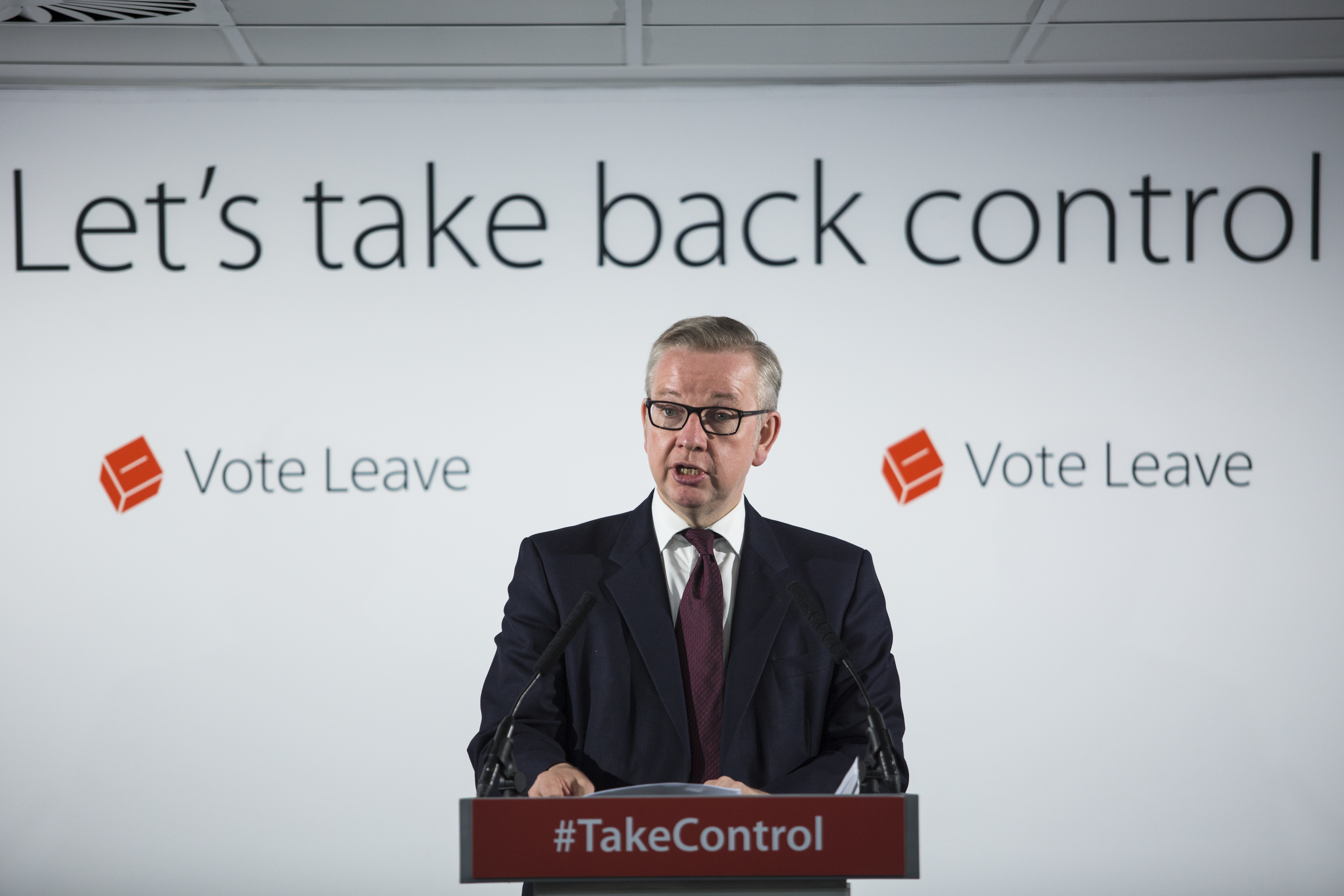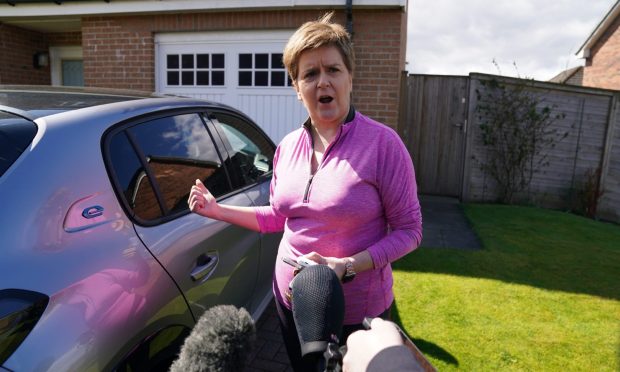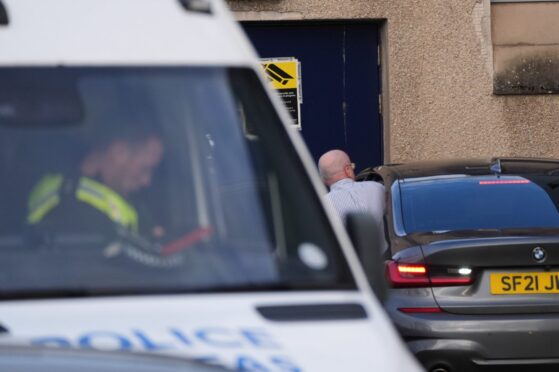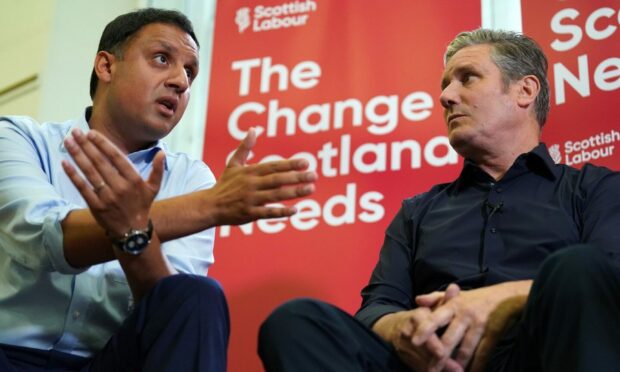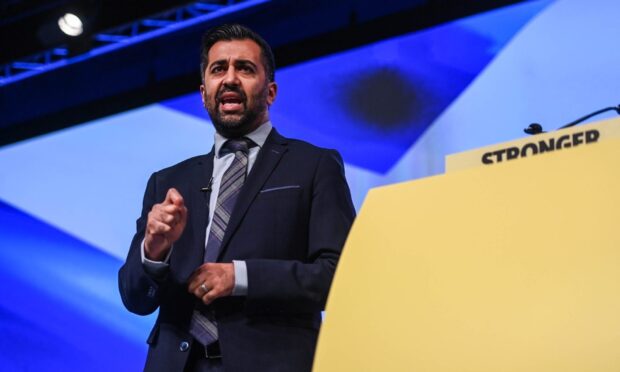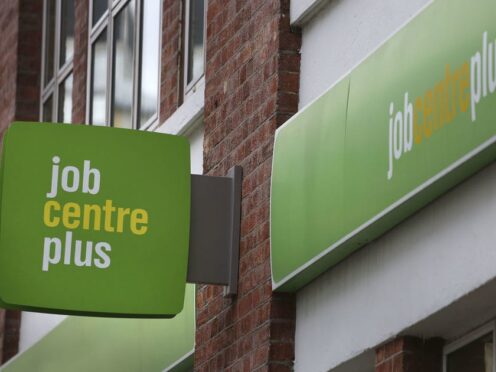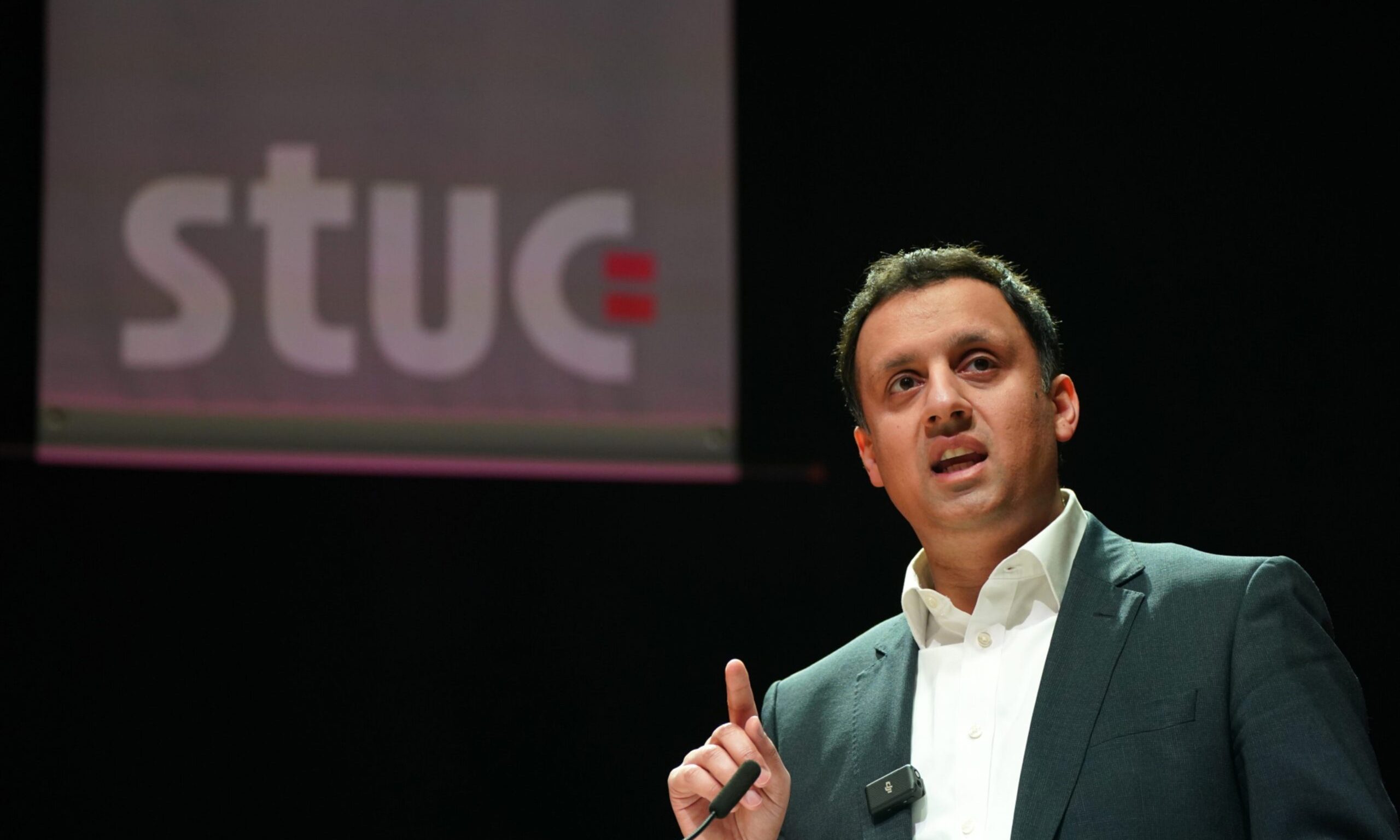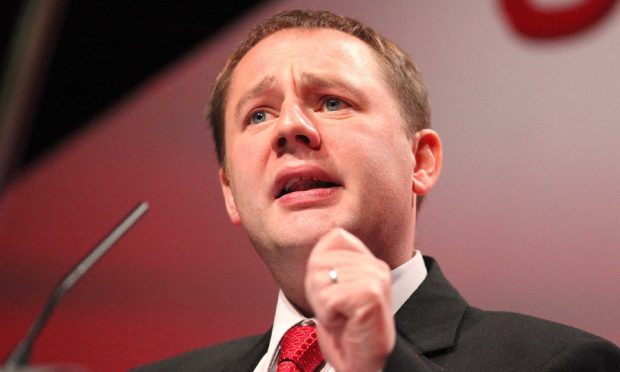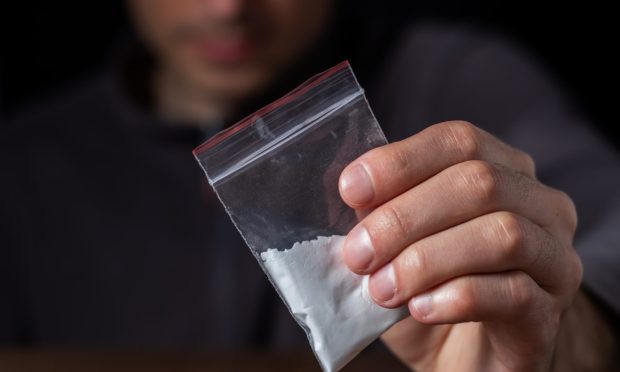The Scottish Parliament could get new powers over immigration if the UK leaves the European Union, according to UK Justice Secretary Michael Gove.
The co-convener of the Vote Leave campaign told BBC Scotland’s Good Morning Scotland programme “it would be for Scotland to decide” how many immigrants it admits to the country in the event of Brexit.
But Scottish First Minister Nicola Sturgeon, who has argued for Holyrood to control immigration, described Mr Gove’s comments as “a fib and a half” on Twitter.
When asked how many people would be allowed to come to Scotland if the UK leaves the EU, Mr Gove said: “It would be for Scotland to decide.
“Because, under any proposals we put forward we believe that a points-based immigration policy, similar to the one that was actually put forward as a model for an independent Scotland by Nicola Sturgeon, would be the right approach.”
He acknowledged that the Home Office currently sets immigration policy for the whole of the UK, but said “one of the advantages of moving outside the EU is that we would be able, as a United Kingdom, to have control over immigration policy”.
He added: “Holyrood would be strengthened if we left the EU.
“The Scottish Parliament would have new powers over fishing, agriculture, over some social areas and potentially over immigration.”
Mr Gove said he would not mind being dismissed from the Cabinet if the UK votes to Remain in the EU against his wishes.
“I don’t mind if my Cabinet career is over,” he said.
“I think the most important thing is to make a principled case for Britain leaving the EU.”
He cited the “unfortunate situation” of the Brain family, who are facing deportation to Australia after five years living in Dingwall, in the Highlands.
The family say they are being deported because the post-study work visa scheme that brought them to Scotland was retrospectively cancelled by the Home Office.
But Mr Gove said they are being deported “because of the way in which the law operates as a result of our membership of the EU”.
He said: “They came here, they settled down, brought skills and talent to this country. If we leave the EU then we can change the approach that we take to migration.”
He added: “At the moment, if you are an Austrian you can come here and there is no control over the number of people who can come from any EU country but if you are an Australian there is a limit.”
He continued: “Ultimately, the numbers who would come (to Scotland) in the future would be decided by the Westminster parliament and the Holyrood parliament working together.
“Because only by leaving the EU can we assert control over numbers, and only by leaving the EU could we then have a discussion between Holyrood and
Westminster about how you can have an immigration policy that works both in the interests of Scotland and in the interests of the rest of the UK.”
He said there is “no mandate and no support for a second referendum on Scotland’s position in the UK”.
He dismissed the nationalist argument that leaving the EU would contradict the unionist claim that a vote to remain in the UK was a vote to remain in the EU.
“If you vote as a unit, if you vote as a United Kingdom, Scotland having voted to remain the United Kingdom, then this vote is conducted on a United Kingdom basis,” he said.
“We’re not voting as Scotland and England, we’re voting as individuals over what should happen to our United Kingdom.
“And I don’t believe that the people of Scotland want the question over whether or not we’re part of the UK to be reopened 18 months after it was settled so decisively.”
